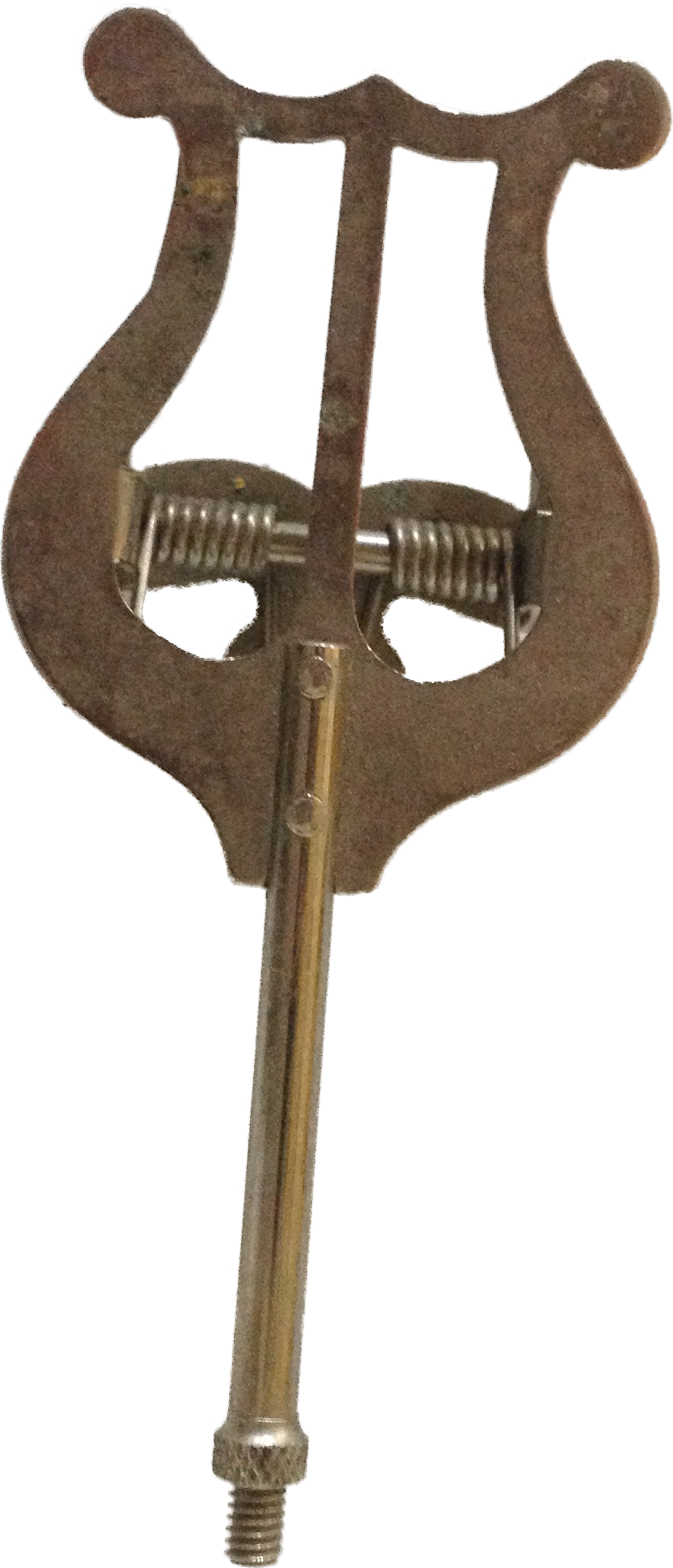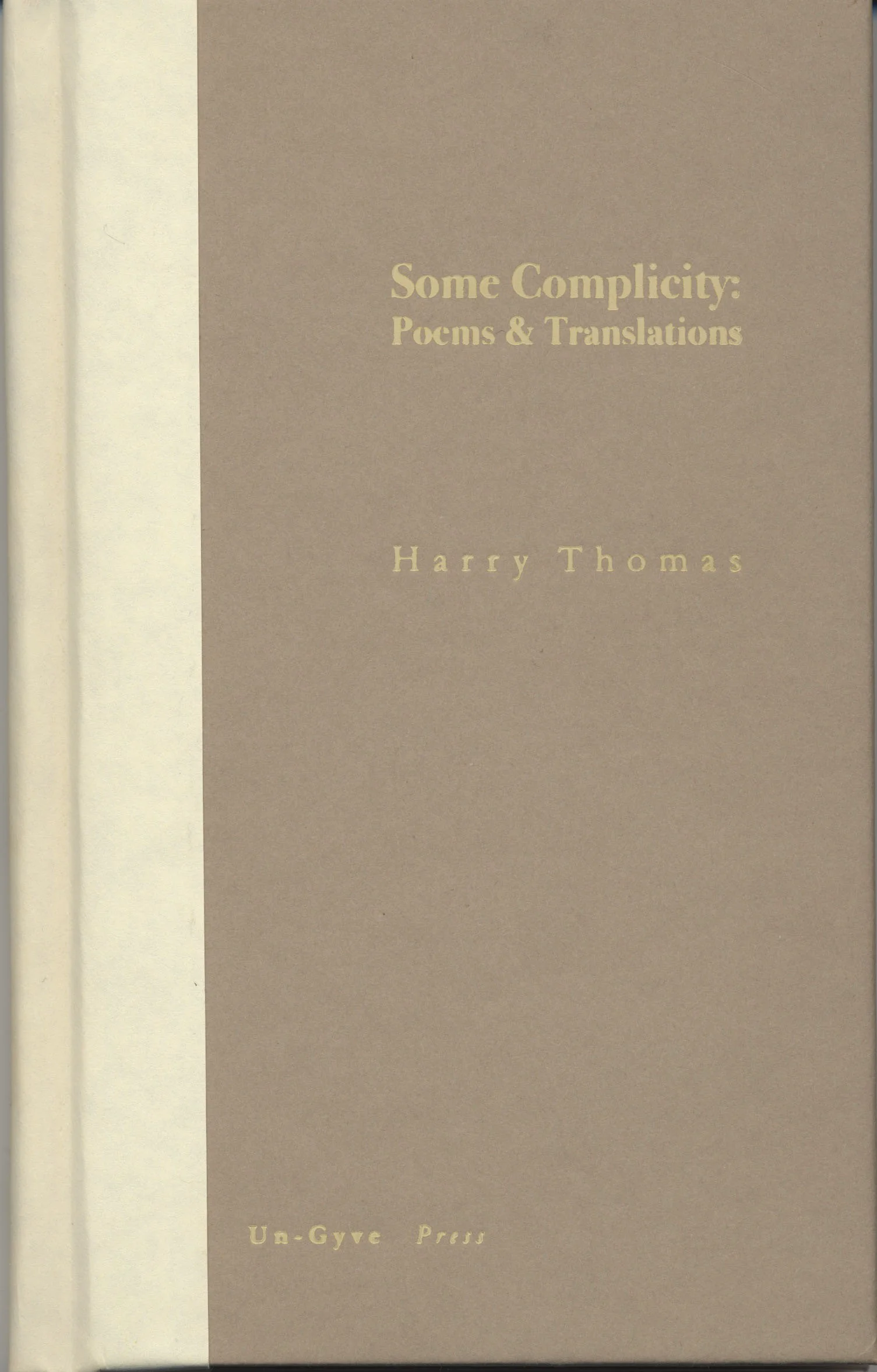With this book, Iván Acosta takes us by the hand on a musical and historical journey.
— Mirta Ojito
Acclaimed playwright, Iván Acosta, presents With a Cuban song in the heart at The Miami Book Fair November 2018
NEWS PROVIDED BY
Un-Gyve Press
August 20, 2018
BOSTON August 20, 2018
Rich in sentiment, anecdote and history … I recommend it with enthusiasm.
— Oscar Hijuelos
The Portable Island: Nonfiction on Cuba
Sunday, November 18, 2018 @ 1:00 pm
Centre Gallery (Building 1, 3rd Floor, Room 1365)
300 NE Second Ave., Miami, Fl 33132 United States
With a Cuban Song in the Heart features the artwork from 280 album covers from Iván Acosta’s collection of over 5,000 long-playing discs. From unlikely images of historical newsmakers (Fidel Castro drinking a Coca-Cola on a public bus) to a roster of jet-setting celebrities, Ramiro Fernández’s Cuba Then is a welcome new edition of this seductive and lush photographic survey of the small island that continues to fascinate the world. Told in the words of the immigrants themselves, the stories in Jose Manuel Garcia’s Voices from Mariel offer an up-close view of this international crisis, the largest overseas mass migration in Latin American history.
Iván Acosta
WITH A CUBAN SONG IN THE HEART | CON UNA CANCIÓN CUBANA EN EL CORAZÓN (Un-Gyve Press) by Iván Acosta, with an introduction by Marc Myers. (PRNewsFoto/Un-Gyve Press)
In the fields, the thatched roofs atop the peasant huts crackled under familiar scorching…. We were about to steal Relampago II…. We were fleeing the country…. The rocks were burning under our feet…. Everything seemed to melt under the midday sun, and that was my biggest fear: that the records my sister and I had wrapped in towels and hidden under a straw hat would melt as well.
— Iván Acosta, from A Cuban song in my heart
With this book, Iván Acosta takes the reader by the hand and takes him in a musical and historical journey. The way he sees it, one can't talk about one without the other. Luckily for the reader, Acosta's musical taste is vast and exquisite.
— Mirta Ojito
Iván left Cuba with his family on a hot afternoon in August 1961 when he was 16 years old. Twenty-one people jammed onto a 92-foot boat, fully aware that they could be shot or spend 20 years in prison if caught. Or they could drown if their boat drifted into the raging tropical storm sweeping across the Caribbean at the very moment of their departure.
…only minutes to gather your things. What would you grab to remind you of the life you left behind? A doll? A toy? A ring?
Ivan reached for two 12-inch long-playing records, one by Luis Bravo and the other by Ramon Veloz. To take records is both an amazing and fabulous choice. It's a simultaneous act of remembrance and revenge.
— Marc Myers, from his introduction to A Cuban song in my heart
A Cuban song in my heart is a book about mambo and rumba and all the elements of salsa and latin jazz. And yet, it is not a book specifically about music. It is a book about (Cuban) life, (human) liberty and the (Cuban American) pursuit of happiness. But it is not a book about politics. It is a book about diversity and religious syncretism, about folklore and Cuban history told through hilarious narrative, inspiring lyrics and vintage record album jackets. It is a book about losing and gaining freedom, about preserving culture and family. A book about recent political events and the many lives that are changed in the process. A book about love: love for a nation that will not be destroyed; love for traditions that cannot be forfeited; love for a music so universal that it cannot be silenced.
— Ileana Fuentes
A Cuban song in my heart features the artwork from 280 album covers from Ivan Acosta's collection of over 5,000 long-playing discs—a collection which hangs in the living room of his New York City home and which includes the two albums that he and his sister smuggled out of Cuba on that August 28th, 1961; and by which he weaves a story of real life passages from his childhood in Santiago de Cuba and "tidbits of history that lay dormant in those album covers… local lore and landmark events." Not a novel of politics, not a history of Cuban music, not an autobiography, but an anecdotal and musical journey of a soul, "a Cuban, an exile, a Cuban-American" liberated by and with the music.
Iván Acosta was born in Los Hoyos, a neighborhood in the eastern province of Santiago de Cuba. Playwright, theater director, filmmaker, songwriter and producer of Latin Jazz concerts, Acosta has lived in Hell's Kitchen, New York City, since December of 1961, the year he fled Cuba. His play El Súper, gained international recognition and migrated to the big screen in 1979, winning more than 20 awards in international film festivals, and hailed as the most important and emblematic film of Cuban exile. Acosta is a founding member of the Cuban Cultural Center of New York (1972).
Journalist, author, and music historian Marc Myers writes regularly for The Wall Street Journaland is author of the acclaimed best-seller Anatomy of a Song (Grove) and Why Jazz Happened. JazzWax, which he founded in 2007, is a two-time winner of the Jazz Journalists Association's best blog award.
A compilation released on Un-Gyve Records and an exhibition will coincide with the publication of With a Cuban song in the heart which will include both the English and Spanish versions of the text.
Contact: Un-Gyve Telephone: (617) 350-7884 | E-mail: Un-Gyve Limited
SOURCE Un-Gyve Press

































The Roger Lonsdale archive, at Balliol College, Oxford, includes his reflections, in 2005, on his poetry, with lists of his ninety poems—alphabetically by first lines, and chronologically—as well as his notebooks as a poet; and, at that time, he noted, in reference to these sixteen poems from Un-Gyve Press in a numbered, limited edition of seventy-five: “At present the following seem worth preserving for one reason or another.”